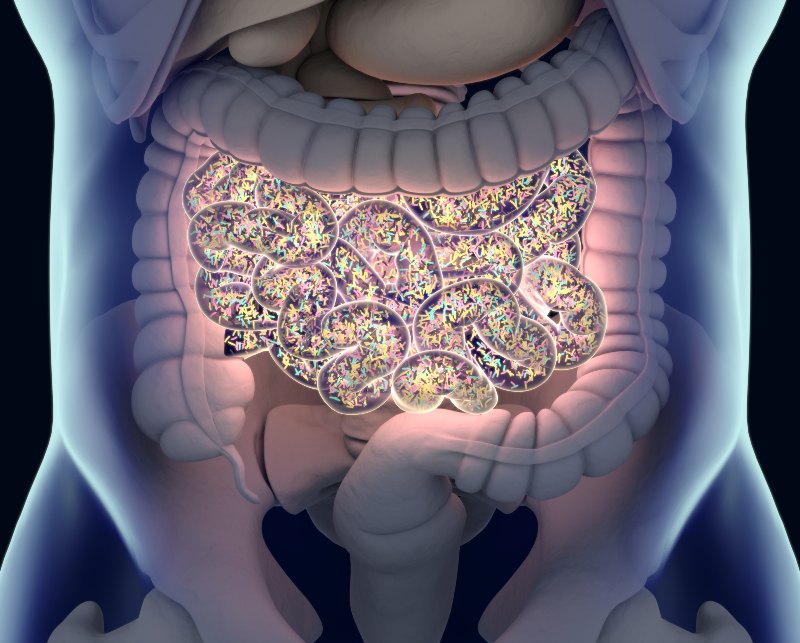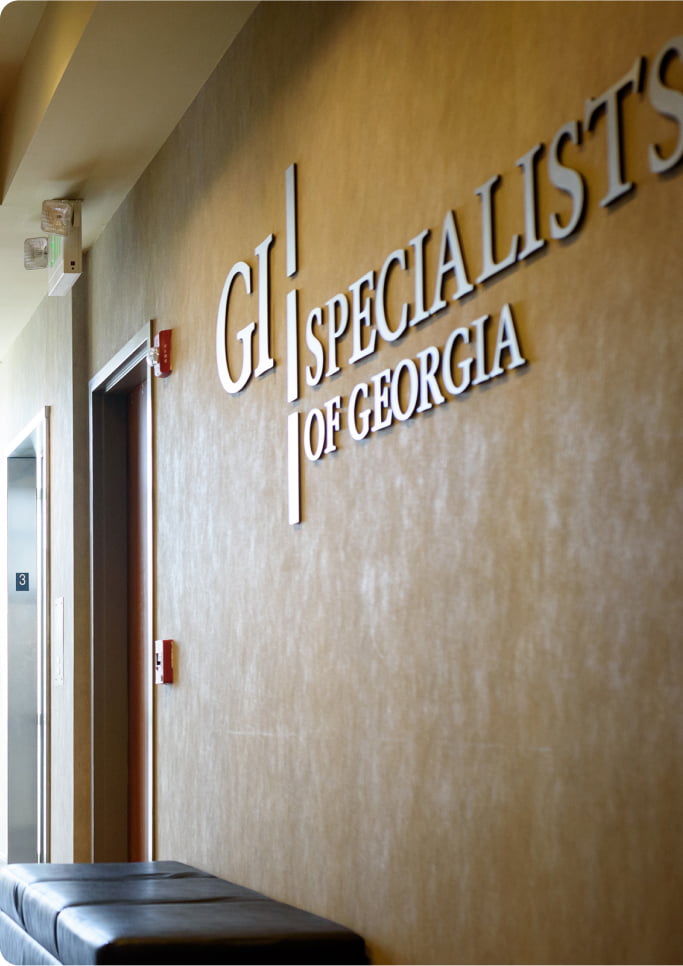Understand Your Gut Microbiome with the Experts in GA

What are Microbiome and Probiotics?
The microbiome refers to trillions of microorganisms residing in your gut, including bacteria, viruses, fungi, and other microbes. This diverse ecosystem plays a pivotal role in your overall health, influencing digestion, immunity, and even mental well-being.
Probiotics, on the other hand, are live beneficial bacteria or yeasts that you can consume through certain foods and supplements. These friendly bacteria are essential in supporting a balanced gut microbiome. Probiotics offer numerous benefits for digestive health and the rest of your body.
The Role of the Microbiome
Your gut microbiome is an incredibly dynamic environment that influences your digestive health significantly. It helps break down food, absorb nutrients, and produce essential vitamins. A healthy microbiome acts as a barrier against harmful bacteria and pathogens, reducing the risk of infections. It also communicates with the immune system, ensuring your body responds appropriately to potential threats.
Disruptions to the microbiome can lead to gut microbiome diseases such as inflammatory bowel disease (IBD), irritable bowel syndrome (IBS), and other digestive issues. Therefore, understanding what gut microbiome is and maintaining its balance is vital for good health. Our GI services can help you with this.
Benefits of Probiotics
Probiotics offer many health benefits by enhancing the composition of your gut microbiome. Some key probiotic health benefits include:
- Improved Digestion – Probiotics aid in breaking down food more efficiently, alleviating symptoms like bloating and constipation.
- Enhanced Immune Function – By promoting the growth of beneficial bacteria, probiotics support your immune system's ability to fight infections.
- Alleviation of GI Disorders – Studies have shown that probiotics can help manage symptoms of IBS and reduce the severity of IBD flare-ups.
- Better Mental Health – The gut-brain axis indicates that a healthy gut microbiome can positively impact mood and cognitive functions.
Sources of Probiotics
Probiotics can be found in various foods and supplements. Fermented foods are particularly rich in these beneficial bacteria. Some excellent sources include:
- Yogurt – A well-known probiotic-rich food that can improve gut health.
- Kefir – A fermented milk drink packed with diverse probiotic strains.
- Sauerkraut and Kimchi – Fermented vegetables that offer a robust mix of probiotics and fiber.
- Miso and Tempeh – Fermented soy products that are not only rich in probiotics but also protein.
- Probiotic Supplements – Available in pill, powder, or liquid form, these supplements provide concentrated doses of beneficial bacteria.
How to Maintain a Healthy Microbiome
- Eat a Diverse Diet – Consuming a variety of fruits, vegetables, and whole grains ensures a wide range of nutrients that promote a healthy microbiome.
- Limit Antibiotics – While necessary at times, antibiotics can disrupt the balance of your gut bacteria, so they should be used judiciously.
- Stay Active – Regular physical activity can positively affect gut microbiome diversity.
- Manage Stress – Chronic stress can negatively impact your gut health, so incorporating stress-reducing activities can be beneficial.
- Stay Hydrated – Drinking plenty of water supports the mucosal lining of the intestines, promoting a healthy microbiome.
Why Choose GI Specialists of Georgia?
Contact Us Today in Atlanta, GA
If you are interested in learning more about how the gut microbiome and probiotics can benefit your digestive health, or if you're seeking effective gut microbiome disease treatment, reach out to GI Specialists of Georgia. Our experienced team is ready to guide you on your journey to better health.
Don't wait to take charge of your digestive health. Contact us today to schedule a consultation and discover how we can support your gut health, digestion & microbiome support needs. Your well-being is our priority, and we are dedicated to helping you achieve optimal digestive health.
Explore our services and take the first step toward a healthier you.
Overview
Learn More about Gastritis
Gastritis can be caused by:
- Helicobacter pylori: A bacteria that lives in the mucous lining of the stomach. Without treatment, the infection can lead to ulcers and, rarely, stomach cancer.
- Medications: Medications like aspirin and nonsteroidal anti-inflammatory drugs (NSAIDs) like ibuprofen
- Pernicious anemia: A form of anemia that occurs when the stomach lacks a naturally occurring substance that is needed to properly absorb and digest vitamin B12
- Excessive alcohol use
- Bile reflux: A backflow of bile (a liquid that is secreted by the liver and helps with digestion) into the stomach
- Infections caused by bacteria and viruses
- Autoimmune disorders
These can vary but the most common symptoms include:
- Upper abdominal pain (burning, aching, gnawing or soreness)
- Nausea
- Abdominal bloating and fullness
- Vomiting
- Indigestion
- Frequent belching
Based on medical history and physical exam, the following tests can be done to diagnose gastritis
- Upper GI Series. Abdominal X-ray with contrast to evaluate the stomach
- Endoscopy. Procedure using a thin fiber optic tube with a camera to look at the stomach lining and take a biopsy if needed.
- Blood test. To check for Helicobacter pylori or anemia
- Stool test. To check for Helicobacter pylori or blood in your stool
- Antacids, H-2-receptor blockers, and Proton pump inhibitors: Treatment for gastritis usually involves taking antacids and other drugs like H-2-receptor blockers and dose proton pump inhibitors to reduce stomach acid. These medications will help relieve symptoms and promote healing.
- Avoiding (NSAIDs)
- Antibiotics. For gastritis caused by Helicobacter pylori, antibiotics are used.
Schedule an Appointment with Our Atlanta-Area Gastroenterologists
"*" indicates required fields

